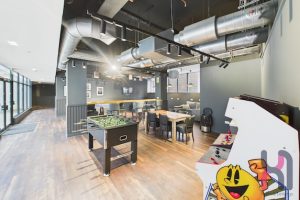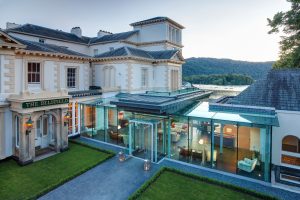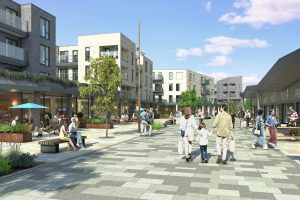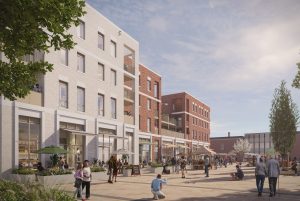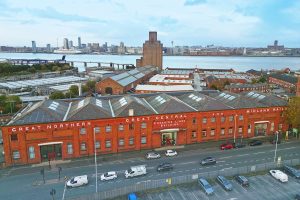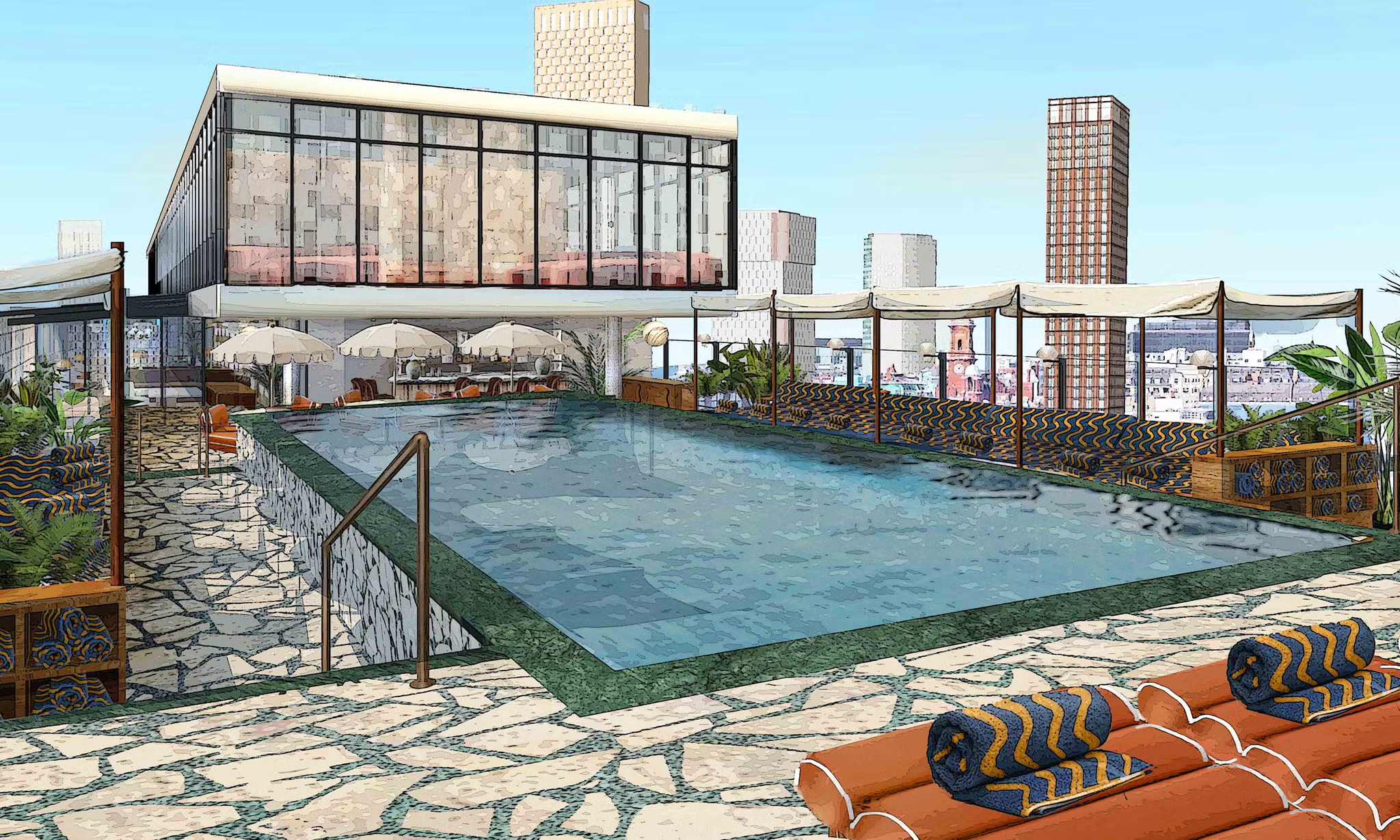In conversation with: Mick Lovatt, Preston City Council’s director of environment

WHILE the battle over the Tithebarn scheme in Preston’s city centre rumbles on, consultation on the city’s other major plan for a new £300m Central Business District (CBD) is drawing to a close.
A five-week consultation period for a new district which could stretch from the city’s train station northwards towards the University of Central Lancashire’s campus concludes next Friday (March 9).
The City Council’s director of environment, Mick Lovatt, is keen for developers and other property professionals to get involved.
“This is an exciting document that brings the concept to market,” he told TheBusinessDesk.com.
The document identifies ten key city centre sites that Preston City Council hopes could eventually be transformed into 1.8m sq ft of quality modern offices with associated hotels, conferencing, leisure and small-scale retail development.
These include the current Royal Mail Sorting office to the west of Preston’s mainline train station, a surface car park next to County Hall, a couple of sites either side of the Ringway at Falkland St and Heatley St, and a site at Staples Corner for which permission has been granted for a 13-storey combined hotel and office tower to McAleer & Rush.
Lovatt said the proposed business district “provides a foil to Tithebarn”, referring to Lend Lease’s £750m retail-led regeneration scheme which remains mired in red tape. The scheme was approved by the Secretary of State for Communities and Local Government in November, but Blackburn with Darwen Borough Council subsequently launched a legal challenge to his decision.
Lovatt, who has spent more than 25 years with the council – a significant chunk of which has been in regeneration, argues that the aim of the CBD is to provide the right sort of quality modern office buildings that could attract inward investors.
He said that Preston’s city centre market is desperately under-served by suitable modern office accommodation and that the significant growth of UCLan over the past ten years presents opportunities for spin-out companies.
UClan is now the sixth-biggest university in the country in terms of student numbers, with more than 35,000 staff and students on campus in a given year. Without suitable office facilities, there is little chances of creating the businesses that will keep this talent in the area.
Lovatt said there is a latent demand from businesses within the city for such space, as those in areas like Winckley Square are often in Georgian buildings that are picturesque but impractical.
“We need to look towards future considerations, and people want low-energy, highly versatile and open plan offices that look the business,” he said.
He points towards a range of positive economic indicators – including a recent Centre for Cities report that identified Preston as a growth centre in the region, having added an extra 17,000 jobs during a ten-year period to 2008.
One of the key problems, however, is a tendency for things to move slowly in the city. Tithebarn has been on the drawing board for more than a decade, and the urban regeneration company responsible for creating the CBD’s framework has been scrapped before its work properly got underway – partly a consequence of delays in its formation, as it began work 18 months into a three-year funding cycle.
Rupert Barron, North West head of offices for property consultancy Colliers, argued that that it takes a long time for plans such as the Central Business District to evolve, however.
He argued that the council’s timing in creating this plan as the market is bottoming out makes sense as it means there is a vision in place for when it returns.
“It’s helpful for local authorities to address developers directly and to identify the opportunities that are available.”
Barron added that without large-scale inward investment there is little chance of speculative development in the current marketplace.
“The issue will be taking it forwards. In the short term, they’ll find that funding remains a big issue.
Danny Pinkus, partner at Preston-based agents Robert Pinkus & Sons, said: “I don’t want to be too critical, but sometimes it’s hard not to be.
“Preston definitely needs an improvement of its business space offer. We’ve not seen any new development for 25 years. The city centre has been over-reliant on public sector occupiers, and we’re now faced with a situation where we find many of those are going to close, and the knock-on effect of that could be serious.”
Pinkus does believe that there will be demand for city centre space.
“It’s generally proven that if you build something good enough people will come. Winckley Square doesn’t work any more. You can tell that by the number of boards you see around the place.”

